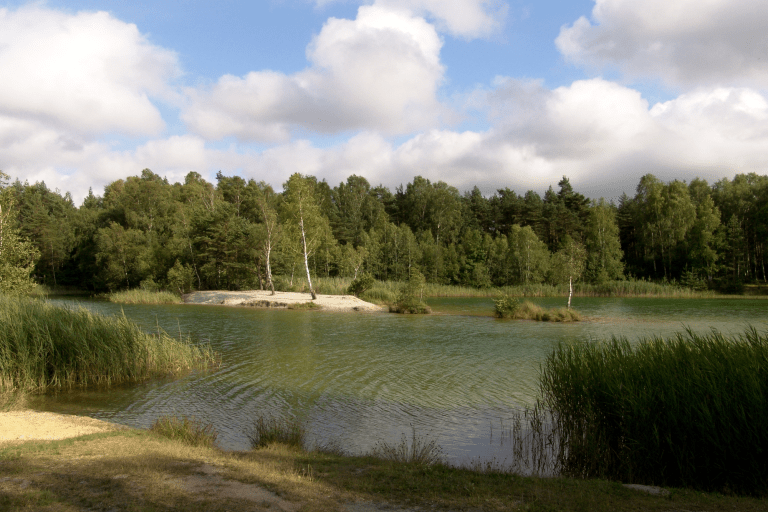
MONA
Nature areas in North-West Europe (NWE) face an increasing number of visitors (intensified by COVID-19), resulting in increased pressure on nature, negative environmental impacts, higher management costs, and nuisance for local residents and visitors. The high share of car use exaggerates these impacts, including peak pressures. Furthermore, the almost exclusive access by car excludes disadvantaged people, specifically those without access to a car.
What was the goal of this research?
At the same time, the urbanised character of NWE, its dense public transport network, well-developed tourism & recreation sector, and presence of shared mobility providers offer ample opportunities for more sustainable tourism. Thus, MONA will stimulate sustainable tourism in and around nature areas in NWE which benefits nature, the environment, visitors, and the local economy.
What method was employed?
MONA will do so by encouraging a modal shift through facilitating sustainable transport modes, providing inclusive routing to and within nature areas, and nudging visitors and stakeholders towards more sustainable behaviour. These are the key solutions to manage visitor flows, reduce negative impacts, and stimulate inclusive access.
What findings did we uncover?
MONA develops and promotes a mindset around sustainable tourism which is balanced, inclusive, and socially and environmentally sustainable. This is made possible by the projects’ multidisciplinary approach, for which the transnational partnership and expertise is essential. This project is a cross-over collaboration between the BUas professorships of Nina Nesterova (Sustainability, Tourism and Transport), Jeroen Klijs (Tourism Impacts on Society), and Paul van de Coevering (Urban Mobility Planning).
What is the timeline of this project?
July 2023 – December 2027
Who are our main collaborating partners?
VisitBrabant, POLIS, BUas, KULeuven, Grenspark Kalmthoutse Heide, Nationaal Park Utrechtse Heuvelrug, Natuurmonumenten – Nationaal Park Utrechtse Heuvelrug, Parc Naturel Régional de la Montagne de Reims, Parc Naturel Régional Scarpe Escaut, Toerisme Provincie Antwerpen, Tourismus Zentrale Saarland GmbH
Who is our funding partner?

Want to read more?
Interested in this project or other publications?
BUas uses Pure for all research publications; the up-to-date overview of all BUas knowledge output.